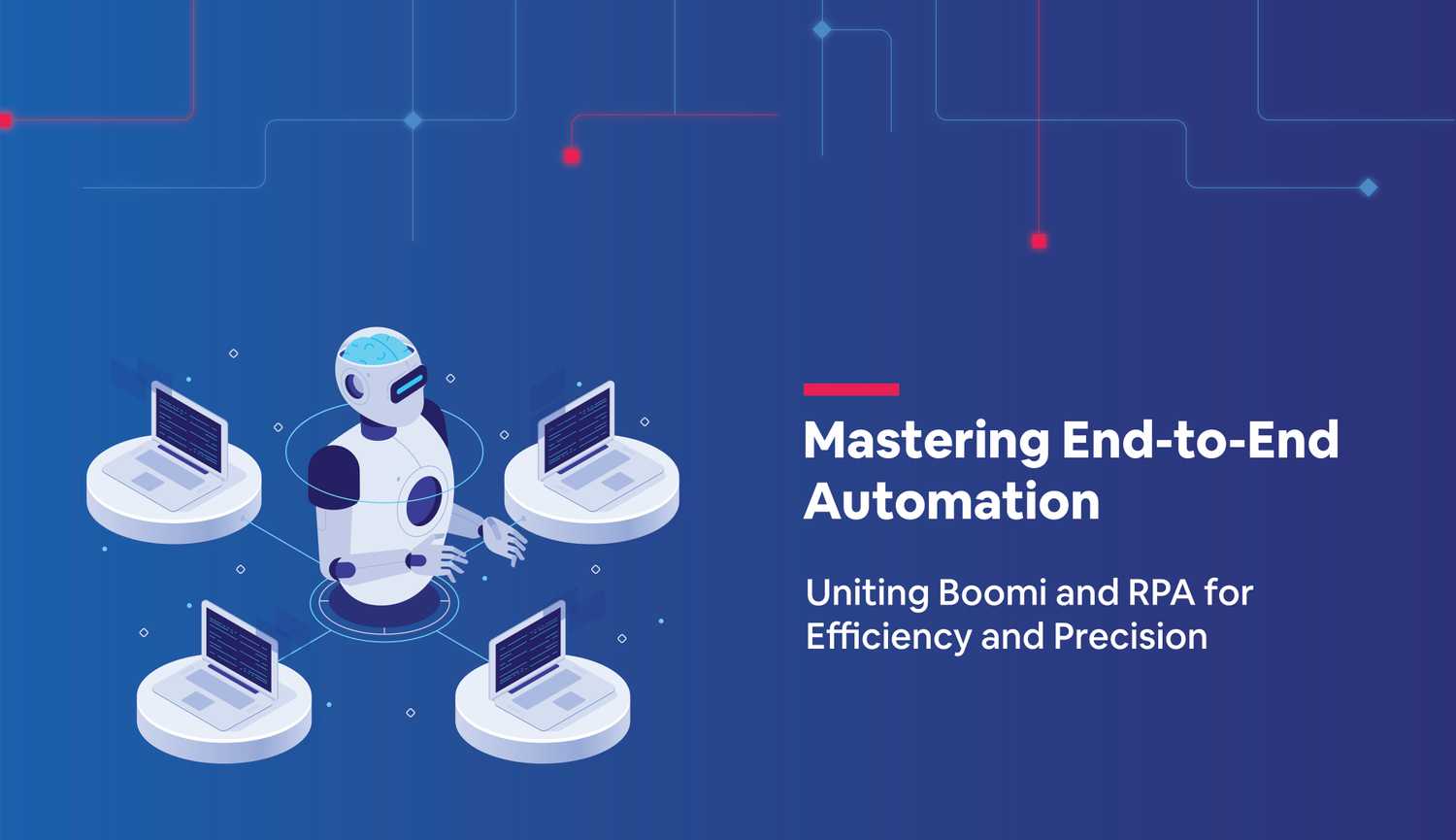Details


Blog -RPA is Growing - Are You on Board?

Robotic process automation (RPA) has the potential to virtually eliminate tedious, repetitive, and error-prone tasks from the to-do lists of human employees. Amid historic labor shortages, it’s not surprising that global spend on RPA is expected to nearly triple over the next five years.
According to a report by ReportLinker, the global RPA and Hyperautomation market size is expected to grow from 9.2 to 26.0 billion USD by 2027 at a Compound Annual Growth Rate (CAGR) of 23.1% during that time.
NITCO has been partnering with clients to implement many RPA use cases across numerous industries and corporate functions for years. This recent data suggests the global economy is becoming increasingly appreciative of the potential value of RPA.
If you’re behind the curve when it comes to RPA implementation, now is the time to consider how RPA could help your company, and your employees, become more efficient and effective.
Certain RPA Use Cases Especially Compelling
The ReportLink report noted several industries and RPA use cases that are likely to see strong growth over the next several years. In particular, the report keyed in on BFSI, or the banking, financial services, and insurance industry.
The BFSI industry is highly regulated and, therefore, heavily reliant on a lot of data and processes. These are companies that use multiple systems linked together through interfaces designed to streamline and allow the flow of a myriad of data and transactions. As ReportLinker says: “Automation solutions control and monitor these interfaces to ensure seamless transaction execution and fix workflows’ bottlenecks.”
RPA helps to improve both accuracy and efficiency providing extreme value for regulatory and compliance reporting by automating the collection of data from multiple systems while validating data for further, and more detailed analysis. “Most banks are increasingly deploying Hyperautomation solutions to enhance productivity, improve cost savings, and improve customer experience,” the report says.
NITCO offers multiple services that support the implementation needs of RPA and other related technologies in the BFSI industry. For example, NITCO has a long track record of supporting and managing implementation efforts in the finance and accounting industries by streamlining tedious and repetitive processes. NITCO’s proven step-by-step approach has helped many clients embrace the benefits of RPA while maintaining high returns on investment, in the BFSI industries and beyond.
Analysis of Customer Needs and Solution Design
Implementing any new technology, no matter how small, is rarely a one-size-fits-all approach. Before implementation, it’s important to conduct a thorough review and analysis of customer needs, gaps, and opportunities.
NITCO works with customers on a detailed and thorough design procedure to understand the organization’s business goals and automation potential for identified processes and departments. By understanding a business’s infrastructure and goals NITCO can determine the type of implementation—on-premises, cloud, or hybrid—that best fits that customer’s needs. The process is validated to ensure that the automation solution chosen is applicable and that the expected benefits are understood by all stakeholders.
Best practice solutions are followed to optimize target processes and ensure compatibility with all applications required for implementation. As implementation strategies are developed, NITCO’s team maps out the expected process automation benefits to help establish a Center of Excellence (CoE) and evaluate identified processes for RPA suitability.
Deployment and Implementation
As the RPA solution process is optimized and the solution is developed and tested, we move the automated solution into production. NITCO provides support and operational training to ensure a smooth implementation process. Once implemented, NITCO’s solution can be coupled with tools to monitor performance and ensure that stability and customer expectations are met. After the solution is successfully implemented and monitored for stability, the customer’s automation CoE works to identify further process improvement opportunities. Customers can manage their automation pipeline and utilize process discovery tools to identify automation opportunities—helping to establish a culture of RPA throughout the organization.
Scalability and Hyperautomation
One of the biggest advantages of NITCO’s RPA solutions is their scalability. RPA solutions are easily adapted to changing organizational operations. With the ability to transfer any complex process to additional virtual robots, scaling to handle fluctuating workloads is simple and cost-effective.
RPA technology is a flexible solution to any changing organizational environment. It offers new opportunities to realign human capital for strategic initiatives and introduces increased operational agility to any organization.
Hyperautomation brings together several components of process automation, integrating tools and technologies that amplify the ability to automate work. It starts with robotic process automation (RPA) at its core and expands automation capability with artificial intelligence (AI), process mining, data analytics, machine learning, natural language processing, and other advanced tools. The idea is to automate more and engage everyone in an organization to be part of the digital transformation. NITCO’s talented, certified developers can recommend and build the best solution that introduces smart, robotic automation into any workforce.
Companies around the globe are waking up to the massive potential of robotic process automation, or RPA. Investment in this revolutionary technology is expected to triple over the coming five years. NTICO has been ahead of the RPA curve for years and has a proven track record of working with companies across a variety of industries to design, implement, and scale custom RPA solutions to meet the needs of virtually any business.